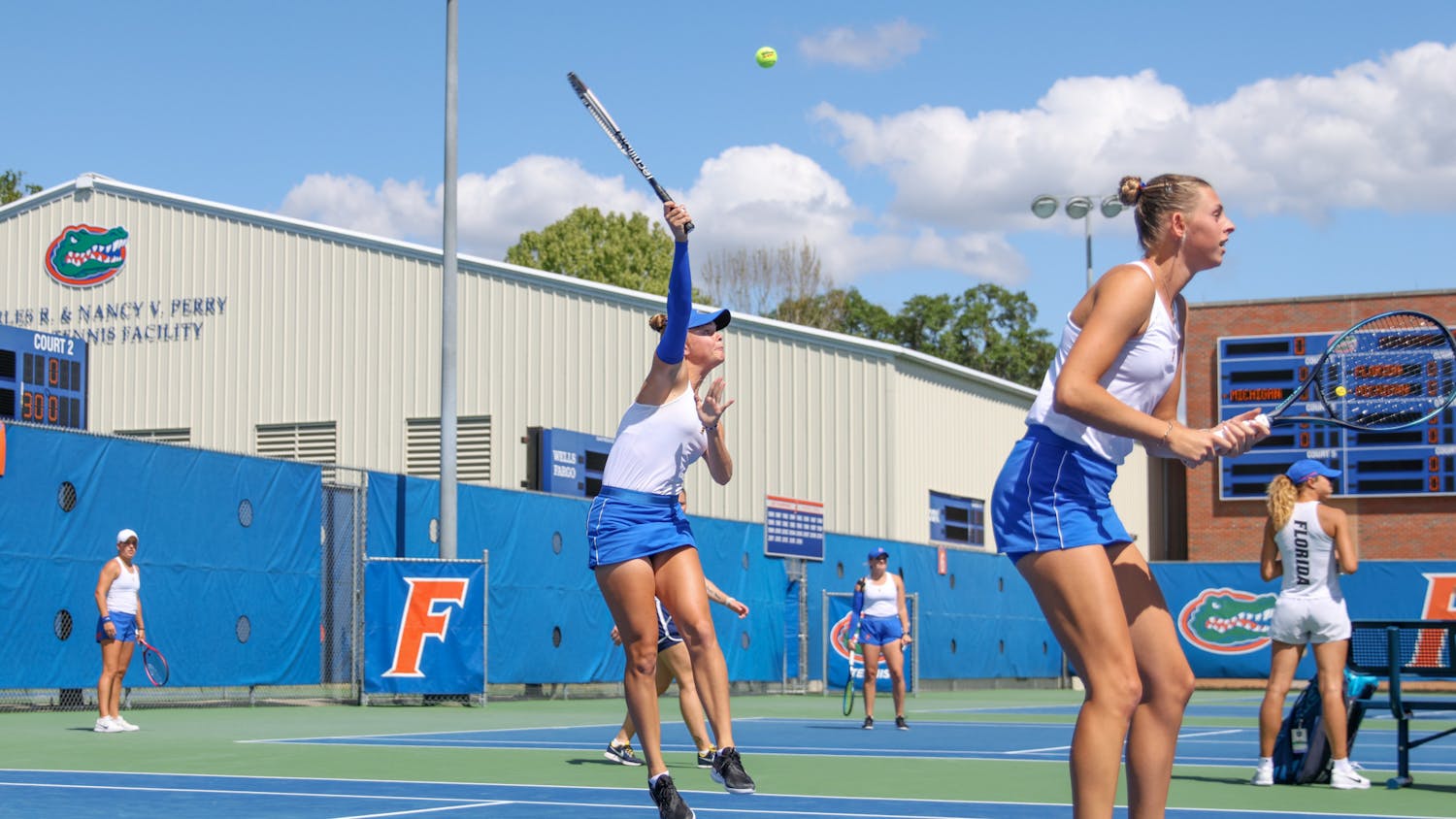As with any city, Gainesville comes with its share of issues that if not addressed, will outweigh the positive attributes it offers. Since COVID-19 struck, food accessibility issues in vulnerable communities, like East Gainesville, have returned to the forefront.
Alachua County’s 2019 food insecurity rate was estimated at 13.4 percent, according to Feeding America. Now, the organization projects an overall food insecurity rate of nearly 15 percent for 2021.
East Gainesville stakeholders — both community members and leaders — have stood together to navigate community inequities, including food inaccessibility. Nevertheless, despite their experience and depth of knowledge, stakeholders’ voices often go unheard by those with the power to affect change.
Addressing the complex, systemic issues underlying food insecurity is a large feat and one that historically has been under-prioritized and insufficiently resourced for East Gainesville. As a result, issues such as lack of access to transportation, stable income and affordable grocery stores have created a food desert and affected community members for decades.
But hope is on the horizon. In recent years, we have seen more innovative, equity-focused leaders advocate for East Gainesville. With the city of Gainesville’s Strategic Plan 2020-2025-2035, officials have committed to ensuring Gainesville is an “equitable community for all.” In addition to these top-down efforts, grassroots initiatives to address racial inequities have gained strength within the community. While systemic disparities remain in East Gainesville, community-based organizations and nonprofits like Grace Grows are beginning to produce community-driven solutions for food access and sustainable change.
The Grace Grows Community Food Project is a community-based participatory action research model working to address food accessibility and food sovereignty in Southeast Gainesville. By working with a community advisory board of 15 local stakeholders, as well as a diverse logistics team, we have helped foster relationships between community members and empower unheard voices. Grace Grows has made it our mission to gather data, engage the community and find the solutions to food insecurity in the southeast region of Gainesville.
Our community advisory board created a survey specific to Southeast Gainesville community members to better understand their experiences and recommended solutions to the food desert.
As defined by USDA, a food desert is a census tract that meets both low-income and low-access criteria including: poverty rate is greater than or equal to 20 percent, median family income does not exceed 80 percent statewide or metro-area median family income and at least 500 people or 33 percent of the population located more than one mile (urban) or 10 miles (rural) from the nearest supermarket or large grocery store.
Per this definition, people who live in Lincoln Estates, Lincoln Park and other areas of Southeast Gainesville are living in a food desert and often need to travel outside of their community to access healthy food. Gainesville’s rate of residents with income below the poverty level in 2019 was 25.6 percent — transportation options are not always available.
We have conducted interviews with community members who articulated concerns about the lack of farmer’s markets, transportation and fresh food knowledge. We discussed potential solutions to their concerns: transportation platforms operated to transport senior citizens and others without transportation, creating establishments that offer locally grown fruits and vegetables and more. Complete data analysis of these conversations will be concluded in January and made accessible to anyone interested in using this information to improve food accessibility and sovereignty.
Community partners are granted the opportunity to supply nutritious and long-lasting foods through programs such as Catholic Charities’ Weekend Backpack Program, Catholic Charities’ food pantry and Library Partnership’s food distributions. Collaborating with Grace Grows’ Community Food Project was a decision made to ensure more projects and programs are being developed to acknowledge the need for accessibility to food.
Over the past decades, community members have felt needs assessments have been invasive and lacking solutions. Repeated conversations between East Gainesville members and outside institutions have not been met with action, creating distrust and resistance. Current initiatives to bring food to East Gainesville is the beginning of a movement. Asset-based, community-driven solutions to the issues affecting vulnerable communities have the potential to develop stable, more equitable foundations that can unravel the impacts of the systemic root causes and equip vulnerable communities with tools to develop and thrive.
In recent community meetings with Bravo Supermarket and Southern Accommodations LLC, East Gainesville community members and leaders were candid in stressing the need for inclusion, honesty and transparency in the development of a grocery store that enriches the community. Residents and community leaders set an expectation that the store be designed, developed and operated in a way that engages, empowers and is equitable for the community in the long term.
We encourage all community members to make their voices heard, through Grace Grows Community Food Project survey and other initiatives to address disparities. Those interested in getting involved are invited to complete our survey.
To learn more about the Grace Grows Community Food Project or donate, visit our website. To volunteer or collaborate with us, contact Latashia Brimm at gracegrowsfood@gmail.com or gracegardenproject@gmail.com.
Latashia Brimm is community food project coordinator and Staci White is community food project logistics team support at Grace Grows.






